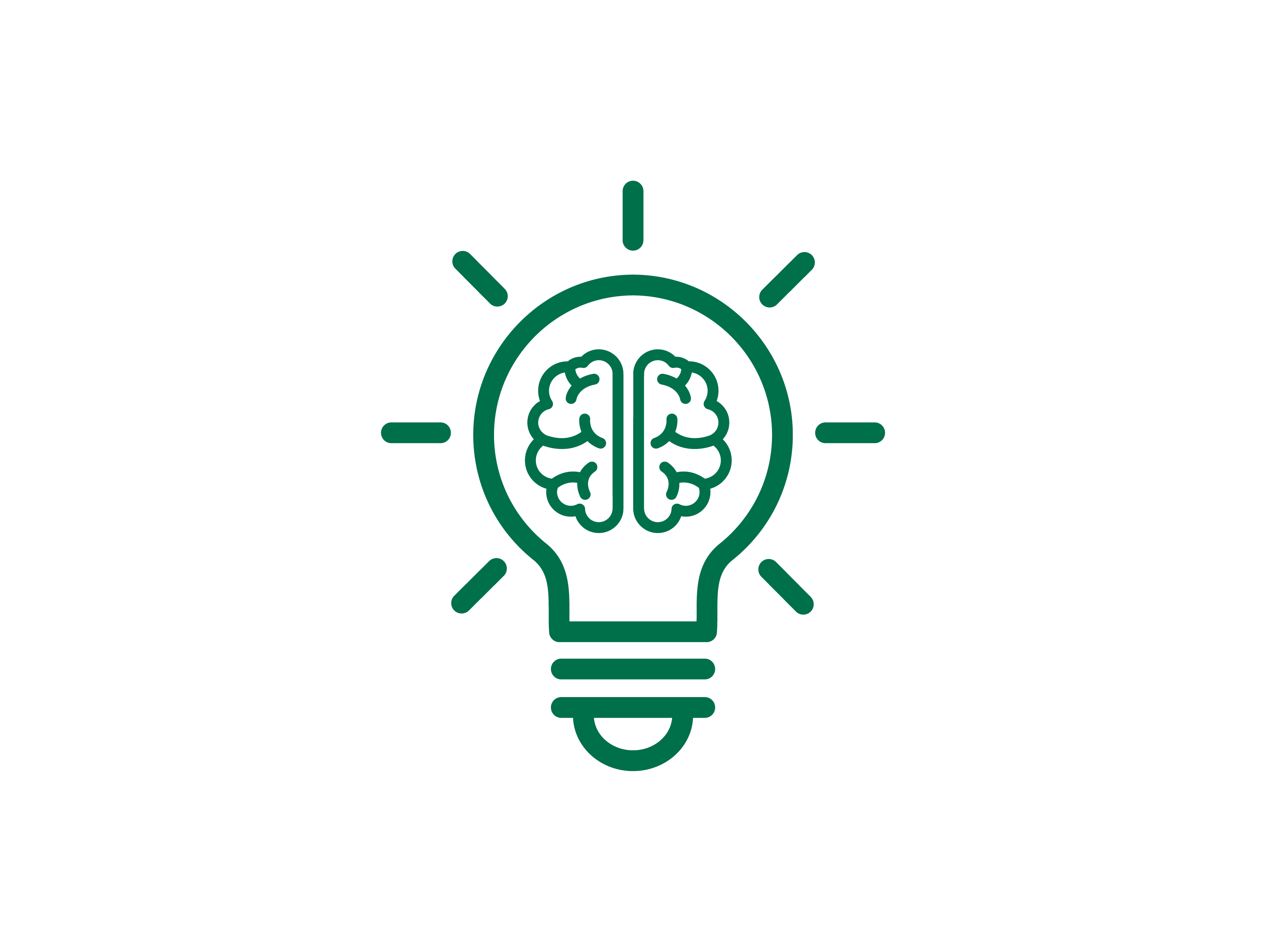 Brain health and development is critical for how individuals learn about and interact with the world, and genetic or environmental factors during development can result in profound yet common intellectual disabilities or disorders.
Brain health and development is critical for how individuals learn about and interact with the world, and genetic or environmental factors during development can result in profound yet common intellectual disabilities or disorders.
Focusing on brain research will help understand brain disease states, identify genetic states, harness advanced neuro-technology, and transform care of brain-related diseases at UAB and across the nation.
In adolescence and adulthood, mental health complications lead to debilitating conditions that broadly affect quality of life, and have resulted in growing epidemics of suicide, substance use disorders, and drug overdose deaths. Likewise, in aging individuals, neurodegenerative disorders are a major cause of dementia and loss of functional autonomy. With an aging population, overdose epidemic, and high prevalence of factors that contribute to chronic diseases, Alabamians are more vulnerable to all of these conditions. As such, treatments that restore quality of life to patients suffering from these conditions are likely to have enormous impact both locally and nationally.
Goals
This focus area will transform our understanding of brain development, aging, and health, and leverage this knowledge to improve treatments for brain diseases. To do this, we will pursue four interrelated goals:
-
Understand brain disease states, with a specific focus on areas of critical need such as aging and neurodegeneration, addiction, and chronic pain.
-
Identify genetic, molecular, and cellular factors that participate in normal brain function, and are disrupted in brain disease states.
-
Harness advanced neurotechnology to design, develop, and validate neuromodulation strategies or pharmacotherapies to treat brain diseases.
-
Transform care of brain-related diseases at UAB and across the nation by leveraging precision medicine, informatics, and novel therapies to inform patient care.
These goals will accelerate the pace of our scientific discovery by promoting excellence in fundamental, translational, and clinical neuroscience research.
Programs
The following programs, projects, and partnerships are examples of how we are accomplishing this research focus area’s mission:
-
The Evelyn F. McKnight Brain Institute at UAB brings together scholars and researchers working in the forefront of basic, translational, and clinical neuroscience, with the overarching goals to discover new biological principles in pre-clinical models and to bring them to bear on human cognitive concerns.
-
UAB Alzheimer's Disease Center is overcoming Alzheimer's disease and related disorders by conducting, fostering, and enabling research at UAB and through national collaborations, by providing the highest level of care to patients and families, and by educating both professionals and the public about aging, dementia, and brain health.
-
Center for Addiction and Pain Prevention and Intervention serves as a catalyst for novel and innovative research, training, community outreach, and patient care. This center is a meeting place for scientists, trainees, physicians, and persons in the community interested in discovering effective treatments and alleviating the suffering caused by addiction and pain.
-
Integrative Center for Aging Research strives to provide a one-stop solution for aging researchers at UAB, providing support for research, education, and for the development of the new generation of researchers interested in aging research.
-
Comprehensive Neuroscience Center is a network of more than 450 UAB Neuroscience research faculty, clinicians, staff, students, and trainees that supports and promotes interdisciplinary neuroscience research, clinical care, and education at UAB.
-
Center for Engagement in Disability Health and Rehabilitation Sciences is part of the UAB-Lakeshore Foundation Research Collaborative and also carries the distinction of being a member of the UAB University-Wide Interdisciplinary Research Centers (UWIRC) program. It aims to be the source for disability health and rehabilitation science research, accessible within UAB and the broader community.
-
Center for Neurodegeneration and Experimental Therapeutics’ goal is to promote the discovery of novel treatments for neurodegenerative disorders including Alzheimer’s disease and related dementias, Parkinson’s disease, Huntington’s disease, and ALS through basic and translational research, education, and application of discoveries to clinical care of patients.
Xenium Voucher RFA
The Brain Health & Disease Across the Lifespan task force in the UAB Heersink School of Medicine is requesting applications for a newly launched $30,000 voucher program to support integration of the 10X Xenium spatial transcriptomics platform into ongoing or new projects at UAB.
Task Force Members
| Jeremy Day, Ph.D - Lead, Department of Neurobiology |
| Nicole Bentley, M.D. - Department of Neurosurgery |
| Karen Cropsey, Psy.D - Department of Psychiatry |
| Alayne Markland, D.O. - Department of Medicine/Gerontology |
| Matt Alexander, Ph.D - Department of Pediatrics |
| Erik Roberson, M.D., Ph.D - Department of Neurology |
| Donna Murdaugh, Ph.D - Department of Pediatrics |
| Robert Brunner, M.D. - Department of Physical Medicine and Rehabilitation |
| Brian Samuels, M.D., Ph.D - Department of Ophthalmology and Visual Sciences |
| Rachel Smith, Ph.D - School of Engineering |